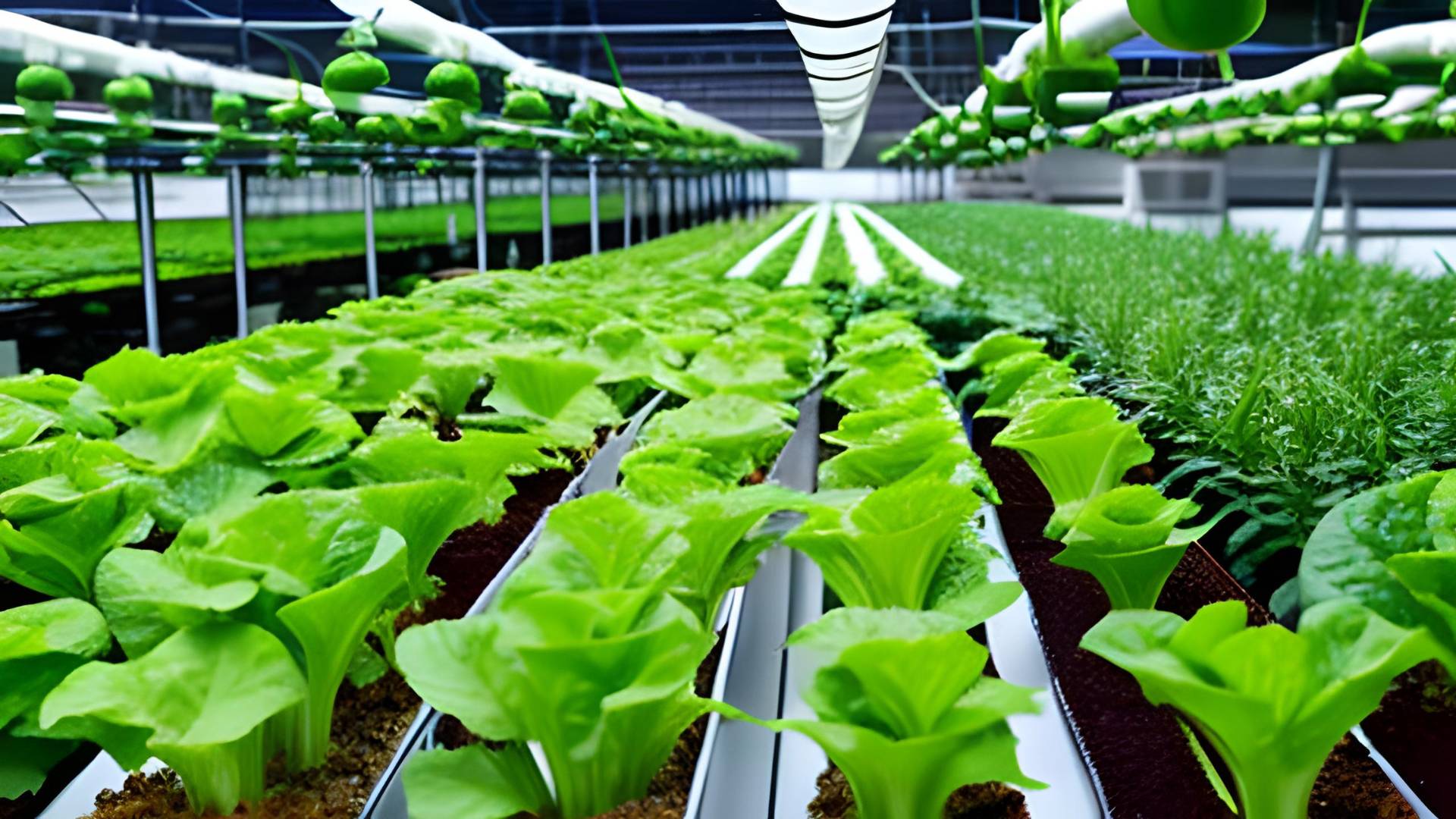Agriculture has been the backbone of human civilization since its inception. From subsistence farming to mechanized agriculture, the industry has undergone numerous transformations to meet the growing demand for food. However, with a continuously increasing global population and limited resources, traditional farming practices are no longer sustainable.
This is where precision farming comes in to revolutionize the way we grow food. In this blog post, we will explore the concept of precision farming and its impact on the agriculture industry.
What is Precision Farming?
Precision farming, also known as precision agriculture or smart farming, is a modern approach to farming that utilizes technology and data-driven techniques to optimize crop production. It involves collecting and analyzing data on soil conditions, weather patterns, and crop growth to make informed decisions about planting, fertilizing, watering, and harvesting. This allows farmers to tailor their farming practices to the specific needs of each field or even individual plants.
The Power of Precision Farming
Precision farming has the potential to improve efficiency, reduce costs, and increase yields in agriculture. Here are some ways in which it is revolutionizing the industry:
Read More: Improving Airflow: Troubleshooting Solutions
Increased Efficiency
By using precision farming techniques, farmers can precisely target areas that need attention, such as nutrient deficiencies or pest infestations. This reduces the need for manual labor and minimizes the use of resources like water and fertilizer. As a result, farmers can save time, money, and effort while maximizing their productivity.
Optimized Resource Utilization
One of the biggest challenges in traditional farming is the overuse or underuse of resources. With precision farming, farmers can use data to make smarter decisions about when and where to apply water, fertilizer, and pesticides. This not only saves costs but also helps reduce environmental degradation caused by excessive use of these resources.
Improved Crop Quality
Precision farming allows farmers to monitor and adjust crop growth conditions in real time. By providing crops with the optimal amount of water, nutrients, and other inputs, precision farming can improve the quality of produce. This not only benefits farmers by increasing their profits but also ensures that consumers have access to high-quality, nutritious food.
Customized Farming Practices
Every farm is different, with variations in soil type, topography, and climate. Precision farming takes into account these unique characteristics and allows farmers to tailor their practices accordingly. By using data, farmers can make informed decisions about which crops to grow, what inputs to use, and when to plant and harvest. This customized approach maximizes the potential of each farm while minimizing risks.
Technologies Used in Precision Farming
Precision farming is made possible by the integration of various technologies, including:
Global Positioning System (GPS)
GPS technology allows farmers to accurately map their fields and track the movement of farm equipment. This helps in creating precise field maps and collecting location-specific data for better decision-making.
Drones
Drones equipped with high-resolution cameras and sensors can capture images and data from fields with great precision. This data is then used to create detailed maps of crop health, water stress, and other factors that can impact crop growth.
Sensors
Traditional farming methods rely on experience, but modern technology, like soil sensors and weather stations, enables data-driven decisions. These tools offer crucial insights into soil moisture, temperature, nutrients, and weather conditions.
Armed with this information, farmers optimize irrigation, fertilization, and other practices to maximize yields. Advanced sensors, such as APG sensors, enhance accuracy and provide comprehensive data for proactive environmental management.
Data Analytics
The massive amounts of data collected through precision farming techniques require advanced analytics tools to make sense of it. Data analytics helps in identifying patterns and trends, predicting crop yields, and optimizing farming practices.
Challenges and Future of Precision Farming
While precision farming has immense potential, it also presents its own set of challenges. High costs and the need for technical expertise are some of the barriers to widespread adoption. However, with advancements in technology and decreasing costs, precision farming is becoming more accessible to farmers worldwide.
The future of precision farming looks promising, with continued advancements in technologies like Artificial Intelligence (AI), the Internet of Things (IoT), and Big Data. These technologies can further enhance the capabilities of precision farming, making it even more efficient and cost-effective.
Conclusion
Precision farming has brought a new level of sophistication to the agriculture industry. By leveraging technology and data-driven techniques, farmers can optimize their practices for maximum efficiency, resource utilization, and crop quality. As we face challenges like climate change and a growing global population, precision farming offers a sustainable solution for meeting the demand for food.
With further advancements and adoption, precision farming has the potential to transform the way we grow and consume our food in the future. So let’s embrace this technology and support its growth to create a more sustainable and productive agriculture industry.




